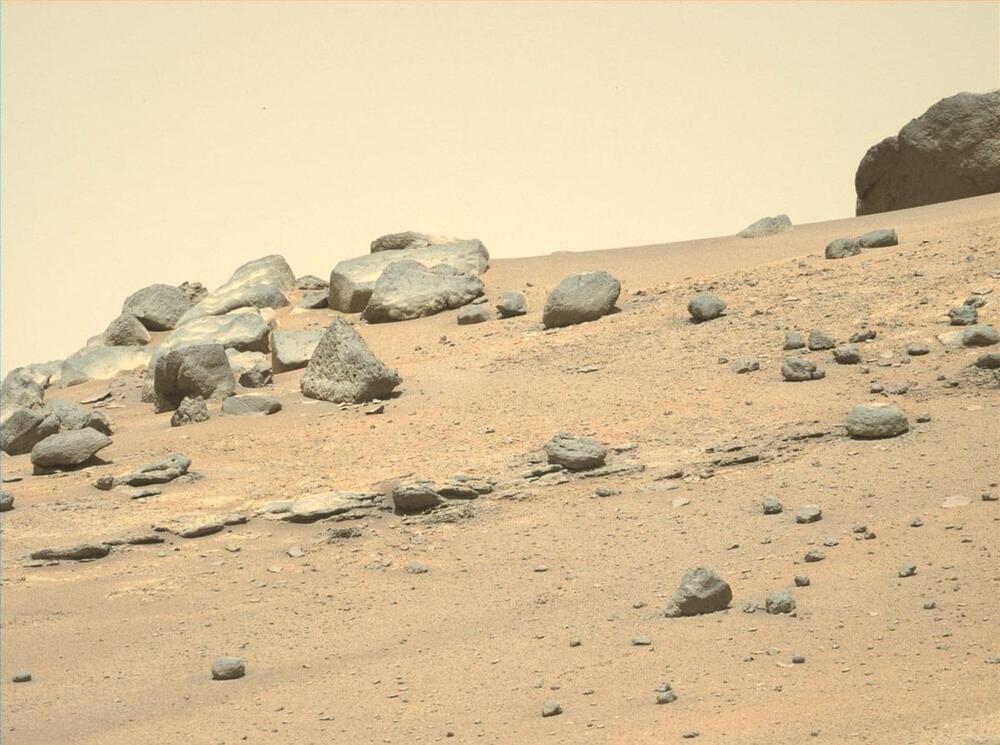I will always remember the moments around our first sampling attempt. Longtime friend (and Sampling System Chief Engineer) Louise Jandura and I were in the operations area awaiting the next data downlink. It was “so far, so good” with our earlier morning results showing we had achieved a full-depth borehole. Other members of the team began to filter in as images of the sealed sample tube came up on the ops room monitors. We were all starting to get that feeling you can get in this business when a big milestone comes together because, at first look, it appeared to be our first cored sample. But within minutes, the team noted that the volume probe indicated no sample was in the tube, and we quickly switched to problem-solving mode – once again trying to solve another problem tossed our way from the surface of Mars.
Our team has been working hard over the last 12 days to both ensure we have adequately assessed the data from the first coring attempt and also developed a solid plan forward. After further review of the engineering and imaging data, our final conclusion is the same as our initial assessment: The rock simply wasn’t our kind of rock.
The Sampling and Caching System aboard the rover performed as expected – quite well, as a matter of fact. However, the rock we chose for this first effort did not. The act of coring into it resulted in the rock breaking apart into powder and small fragments of material, which were not retained in the tube due to their size. Although we had successfully acquired over 100 cores in a range of different test rocks on Earth, we had not encountered a rock in our test suite that behaved in quite this manner.

Well You guys doing great work, i must say. keep it up.
thank you